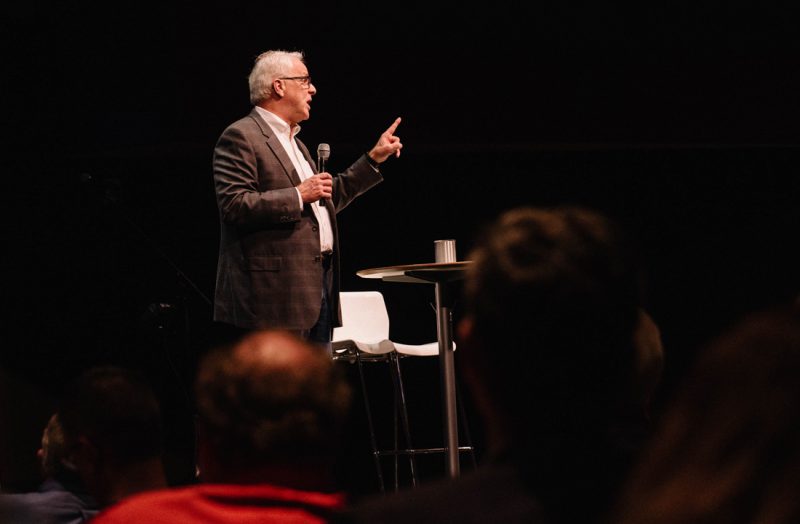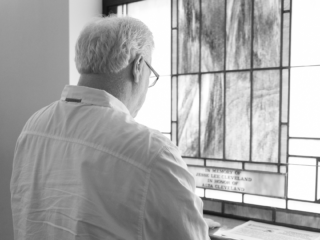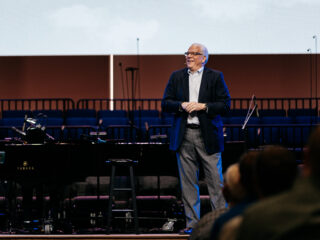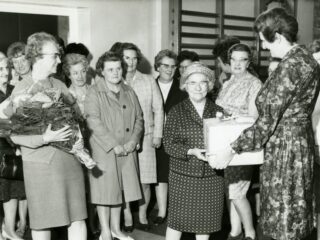I’ve been the pastor of a Baptist church for almost 40 years and I love it. Sure, there are moments when you want to pull your hair out and other moments when you pray to God to let you do anything rather than try to lead a bunch of Baptists who, most of the time, don’t want to be led at all.
But there are moments no one else sees — moments of miracle and courage that bring tears to your eyes even years later when you think about that moment. For me, real-life change, real differences, and real impacts are made at the local church level. I know others may have a different opinion, but for me, the best place to see what God is really up to is the local church.
As you can imagine, I read a lot of books about local church ministry. I’ve been to a lot of conferences about local church ministry. I’ve sat in meetings about how to write a vision statement and layout annual strategies. I’ve sat in more stewardship seminars than I can count. I read countless volumes on leadership and how to write sermons that change people’s lives.
In their way, they serve their purpose. Things do work better in an organizationally aligned church.
But something is missing. Something I’ve noticed in the most successful pastors I’ve known. Over my career, I’ve had the privilege of sitting down with some of the most well-known pastors of our time. If I listed their names, you’d recognize most of them — and you’d wonder why I’m not a better pastor if I have learned from all of these experts (but that’s another story).
Some of these pastors were great preachers. Some of them were, well, calling them the average would be a compliment. Some of them were creative ecclesiastical entrepreneurs and they devised ingenious ways to engage their communities. Each of them had their strengths. Each of them had their weaknesses.
But here’s the one thing that all of them had in common — they loved their churches fiercely. They knew their people. They prayed for their people. They wept over their people. They could see what their church could be if they could only convince them to take one more step. They were constantly burdened by the gap between where their people were and where their people could be.
And these congregations knew how much their pastors loved them. Because of this, their congregations trusted them and gave them freedom of leadership few people ever attained. These churches knew, right or wrong, their pastor’s decisions were always made with their best interests at heart.
I’ve never seen a leadership book that would ask the pastor of a local church this simple question, “Do you love your people?”
As far as I can tell, this is the only question that matters. Not the sermons, not the strategies, but simply this, “do you love your flock the same way the Shepherd does?”
Our people have grown tired of slick presentations. They have been abused by the egocentric plans of pastors who wanted to “grow the church.” Most of our churches are scattered and confused, like the people Jesus saw when He asked His disciples to pray the Lord of the Harvest to send workers to His field.
And the Shepherd is looking for those who’ll love His flocks the same way He does. It’s the most important requirement of leadership.









